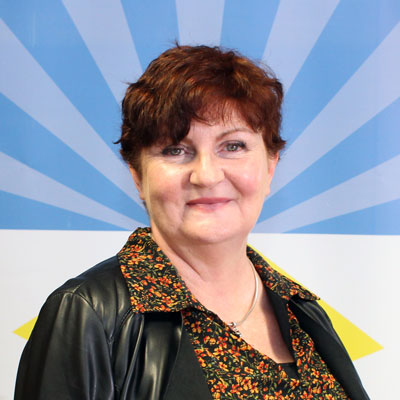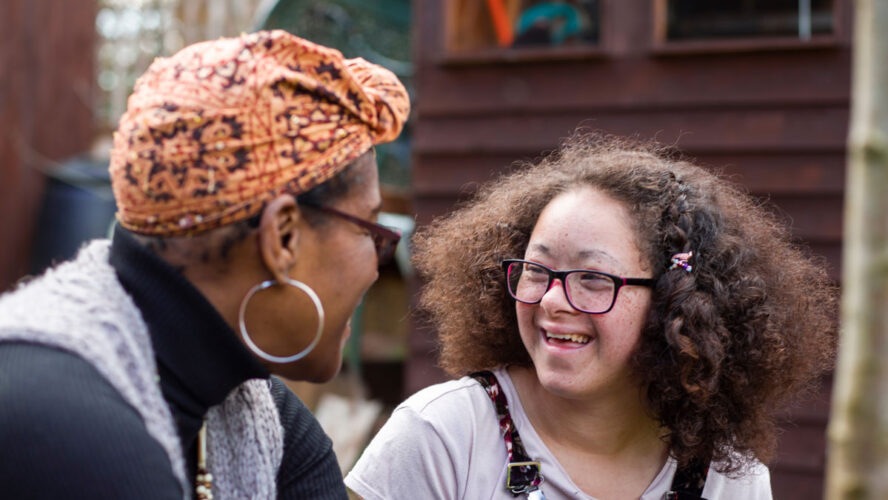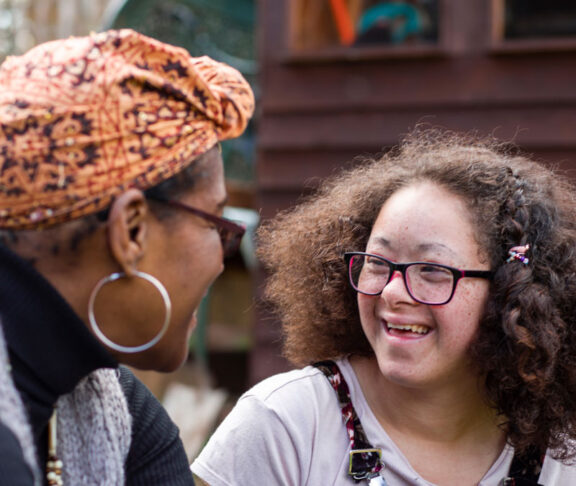
Fran Murphy
CEO, Sunbeam House Services
In Ireland, women with intellectual disabilities (ID) face significant health disparities, particularly in relation to menopause, breast cancer and sexual health.
Sunbeam House Services supports people with intellectual disabilities, promoting their health and wellbeing. Despite national initiatives to improve women’s health, many remain underserved — particularly those with additional or complex needs. As Ireland’s population ages and health needs evolve, it’s vital to highlight both the challenges and opportunities in ensuring inclusive care and upholding the rights of all women.
Providing accessible sexual health education
Sexual health is a vital component of overall wellbeing, yet it is often overlooked for women with intellectual disabilities.
Sunbeam House Services’ ‘Time to Talk’ initiative addresses this gap by providing accessible education and safe spaces for open dialogue. The programme is developed with input from the Viewpoint Committee — an advocacy group of people with ID.
Breast cancer and menopause awareness
While breast cancer remains one of the most common cancers among Irish women, research tells us that women with intellectual disabilities are disproportionately affected by late-stage diagnoses and lower participation in screening programmes.
The ‘Look, Feel, Tell’ campaign provides accessible resources to help women with ID recognise symptoms and seek help.
Stewarts Care and Breast Cancer Ireland have also produced an easy-read guide to the eight signs of breast cancer. Menopausal symptoms are often missed in this group, and low uptake of treatment highlights the need for tailored support.
Improving women’s health for
those with intellectual disabilities
requires more than medical interventions.
A people-centred strategy
While national plans acknowledge the need for inclusive health services, specific measures for women with ID remain limited. Reports such as Breaking Down Barriers, particularly the National Screening Service, identify systemic obstacles in accessing screening services.
Fortunately, the National Sexual Health Strategy 2025–2035 sets out an inclusive vision for sexual health and wellbeing in Ireland. Its focus on equity, accessibility and social inclusion means services must be tailored to people with intellectual disabilities. Aligned with Sunbeam’s Transformation Plan 2025–2030, the strategy promotes diversity, equality, sex positivity and joined-up, people-centred care.
Every woman has a right to appropriate care
Improving women’s health for those with intellectual disabilities requires more than medical interventions; it demands inclusive education, accessible resources and empowered voices.
Programmes like ‘Time to Talk’ and advocacy groups like Viewpoint are vital in shaping a future where every woman — regardless of ability — can access the care and support she deserves. Sunbeam will continue to advocate for women’s rights to appropriate and timely healthcare.



